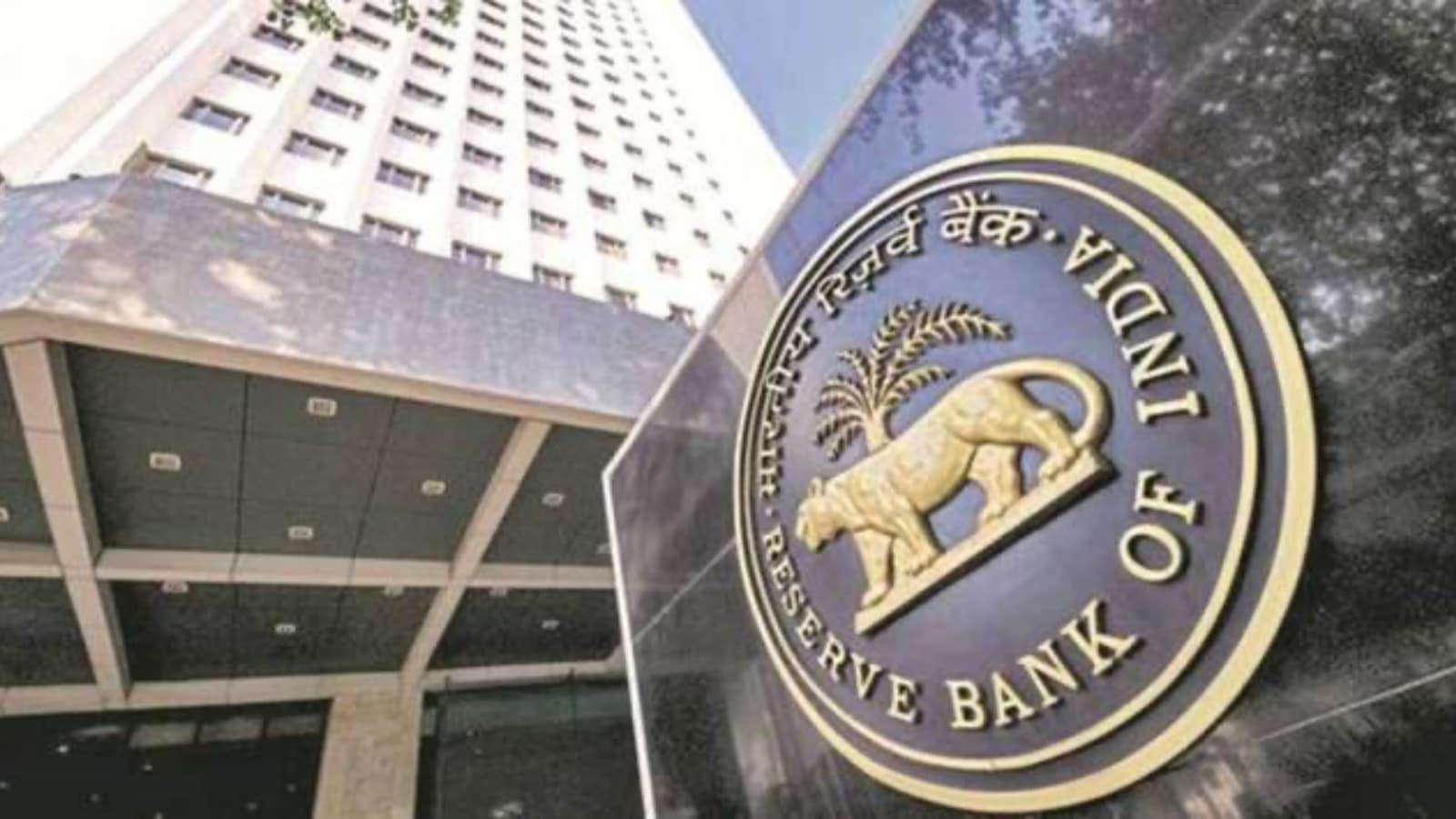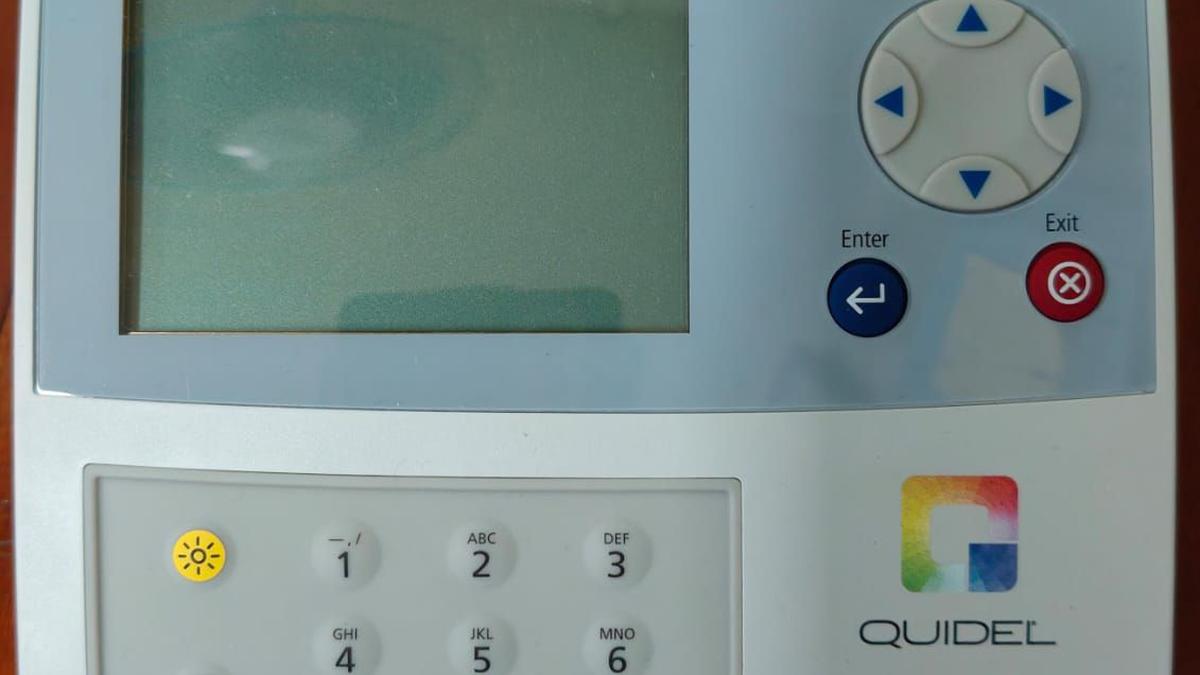ARTICLE AD BOX
Last Updated:June 02, 2025, 13:56 IST
The case arose from an FIR registered by the CBCID under Sections 306 IPC and 174 CrPC, after a student allegedly took his life by hanging himself in a hostel room in 2014.

Supreme Court of India. (File photo/PTI)
In relief to a school correspondent in Tamil Nadu, the Supreme Court has quashed charges framed against him under Section 306 of the Indian Penal Code (abetment of suicide) in connection with the suicide of a hostel student in 2014. The Bench of Justice Ahsanuddin Amanullah and Justice Prashant Kumar Mishra allowed the appeal filed by the accused against the order of the Madras High Court dated June 14, 2024, which had rejected his plea for discharge.
The Court observed, “No normal person could have imagined that a scolding, that too based on a complaint by a student, would result in such tragedy due to the student so scolded taking his own life…such scolding was the least, a correspondent was required to do, to ensure that the complaint made against the deceased by another student was taken note of and remedial measures effected."
The case arose from an FIR registered by the CBCID under Sections 306 IPC and 174 CrPC, after a student allegedly took his life by hanging himself in a hostel room. The charge sheet, however, only included the charge under Section 306 IPC.
According to the Appellant, who served as the correspondent of the school and was in charge of its operations, he had merely reprimanded the student after receiving a complaint from another student. The appellant submitted that the reprimand was issued in his capacity as a guardian and authority figure, to ensure discipline and order in the hostel premises.
It was contended that there was no personal enmity, and that the appellant could not have foreseen that a mere scolding would lead the student to take such an extreme step. The appellant argued that there was no criminal intent or mens rea, an essential ingredient for invoking Section 306 IPC.
Notably, the State of Tamil Nadu, represented by AAG Amit Anand Tiwari, conceded that there appeared to be no justifiable ground to prosecute the appellant under Section 306 IPC.
The complainant, who is also the father of the deceased, did not appear before the Court despite valid service of notice.
Taking note of the facts and submissions, the Court held that no ordinary person in the appellant’s position could have anticipated such a tragic outcome from a verbal reprimand based on a peer complaint. The Court emphasized that in the absence of criminal intent, no offence under Section 306 IPC was made out.
“In the considered opinion of this Court, under such admitted factual position, no mens rea can be attributed to the appellant, much less with regard to abetment of suicide committed by the deceased," the Bench held.
Accordingly, the Court allowed the Appeal and set aside the order framing charges. The appellant has been discharged from the case, bringing an end to the criminal proceedings initiated against him.
All pending applications in the matter were also disposed of.

Sukriti Mishra, a Lawbeat correspondent, graduated in 2022 and worked as a trainee journalist for 4 months, after which she picked up on the nuances of reporting well. She extensively covers courts in Delhi.
Sukriti Mishra, a Lawbeat correspondent, graduated in 2022 and worked as a trainee journalist for 4 months, after which she picked up on the nuances of reporting well. She extensively covers courts in Delhi.
- Location :
- First Published:
News india Supreme Court Clears Teacher Of Abetment Charge, Says ‘Scolding Alone Not Suicide Trigger’



.png)
.png)
.png)
















 3 days ago
6
3 days ago
6









 English (US) ·
English (US) ·